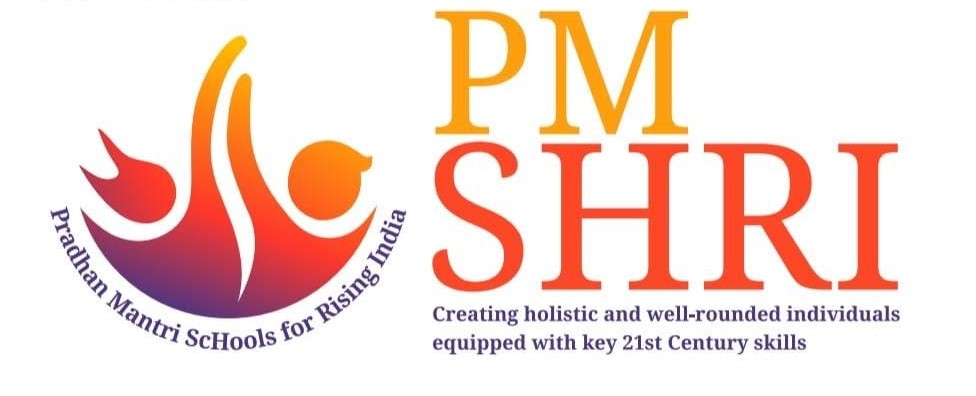Objective:
The Compensation of Academic Loss Programme (CALP) is typically designed to support students who have experienced significant disruptions to their education, often due to external circumstances such as natural disasters, pandemics, or other emergencies. The program aims to provide resources and assistance, such as financial aid, academic support, and counseling services, to help these students catch up on their studies and succeed academically.
Program Components:
- Diagnostic Assessments:
- Conducting baseline assessments across subjects to identify learning gaps.
- Analyzing individual student performance to tailor interventions.
- Customized Learning Plans:
- Developing personalized learning pathways for students based on their assessment results.
- Integrating remedial measures and enrichment activities to address specific academic needs.
- Enhanced Tutoring and Mentoring:
- Deploying additional tutoring sessions in core subjects (Mathematics, Science, Languages) to reinforce understanding.
- Assigning mentors to monitor progress and provide guidance on academic and emotional well-being.
- Curriculum Enrichment Activities:
- Organizing workshops, seminars, and projects focusing on interdisciplinary learning.
- Incorporating innovative teaching methodologies to stimulate critical thinking and creativity.
- Digital Learning Resources:
- Providing access to digital platforms and resources for remote learning and supplementary study materials.
- Ensuring equitable distribution of technological resources among students.
- Parental Engagement and Support:
- Conducting orientation sessions for parents on supporting children’s learning at home.
- Establishing regular communication channels for feedback and progress updates.
- Health and Well-being Initiatives:
- Implementing health check-ups and counseling services to address psychological and emotional needs.
- Promoting physical fitness activities and mindfulness practices among students.
Implementation Strategy:
- Phase 1: Assessment and Planning
- Conducting diagnostic assessments to gauge learning loss.
- Formulating individualized learning plans for each student.
- Phase 2: Execution of Interventions
- Rolling out targeted tutoring sessions and curriculum enhancements.
- Implementing digital learning initiatives and supplementary resources.
- Phase 3: Monitoring and Evaluation
- Monitoring progress through periodic assessments and feedback mechanisms.
- Evaluating the effectiveness of interventions and making necessary adjustments.
- Phase 4: Sustainability and Continuity
- Establishing a framework for ongoing support and sustainability of CALP initiatives.
- Planning for future contingencies with flexible learning models and crisis management protocols.
Outcome Expectations:
- Academic Improvement: Significant reduction in learning gaps and enhanced academic performance.
- Holistic Development: Improved cognitive skills, socio-emotional resilience, and overall well-being of students.
- Parental and Community Engagement: Active participation and support from parents and community stakeholders in student learning and development.


